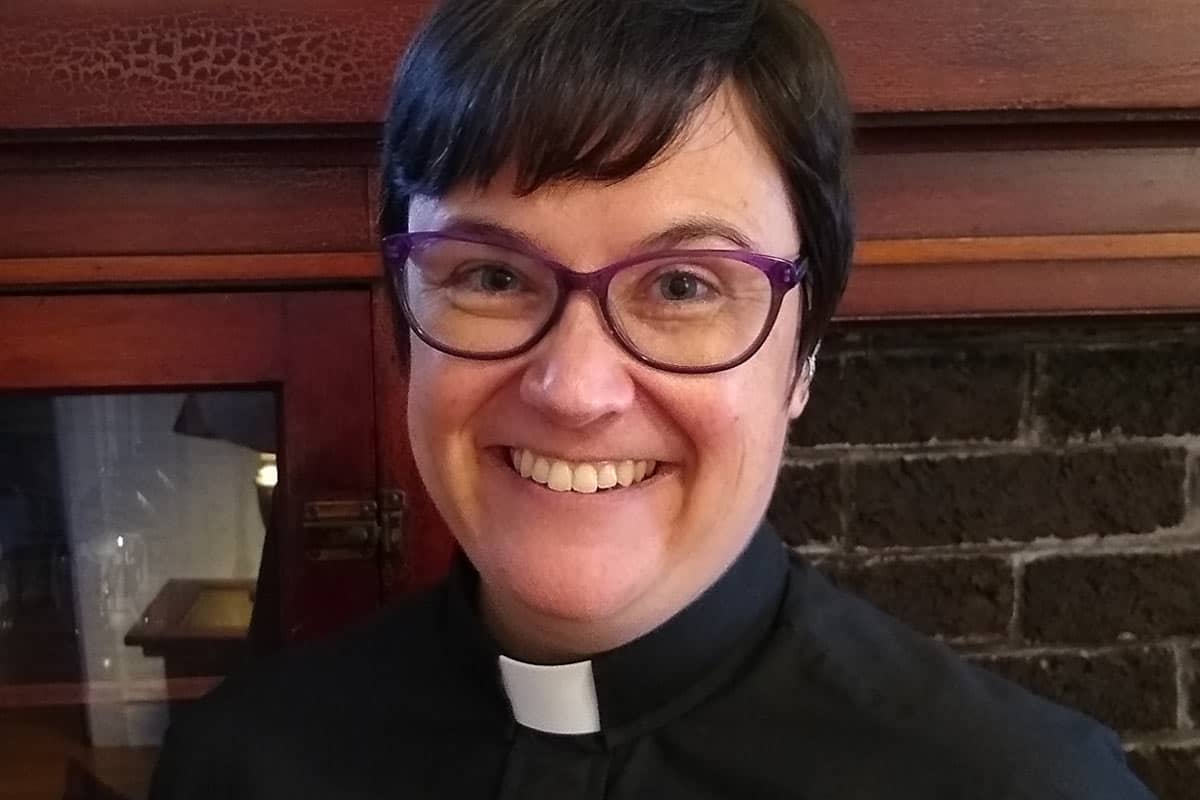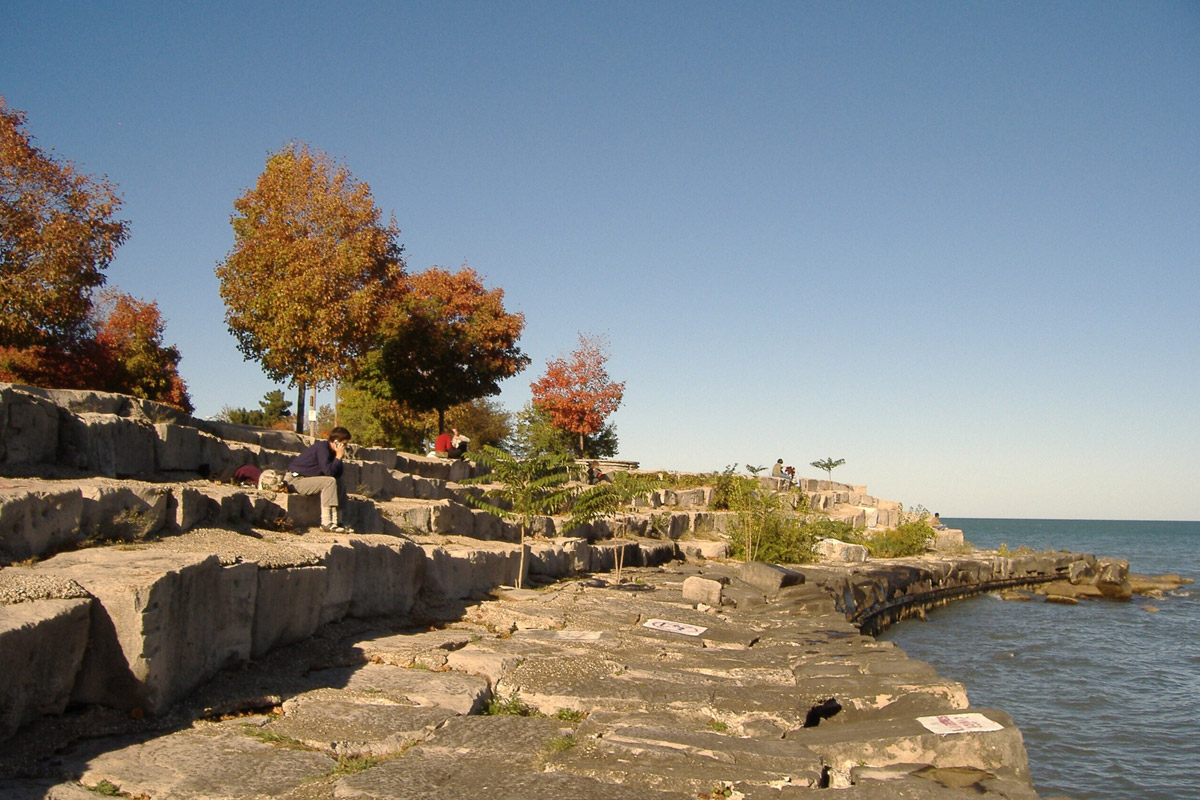
Laura Frost
she/her
Master of Divinity
What is your favorite memory of your time at LSTC?
In January 2020, before my coursework even started, I received such a pastoral welcome to LSTC from Dr. Kadi Billman. As head of the M.Div. program, she didn’t just ask to meet with me personally, but she even took me to lunch at the Refectory! We had the loveliest conversation about the seminary, my past professional work, my thoughts about my future ministerial work, and the meaning of pastoral care. When she learned that I had recently written on the topic of grieving career change and professional loss, she insisted that I share the piece with her. Once she had read it, she even asked if she could assign it as a reading in her upcoming course, Caring for the Dying and Bereaved. This encounter made a strong impression on me in a time of great personal transition.
What was the most meaningful class you took?
It’s too hard to narrow it down to just one, because each of my classes with Dr. Mark Swanson had such an impact. Christian Mission and World Religions affirmed my admiration, appreciation, and respect of the world’s major faiths, and getting to visit the American Islamic College and Wat Dhammaram Temple were major highlights of my time at LSTC. In Lutheran Confessions, I learned to think about the gifts that Lutheranism has to offer the wider Church. I took Desert Discipleship deep in the depths of the pandemic, when we were all living in a collective wilderness. And Mystics afforded me the opportunity to examine the transcendency of the divine encounter in a way that none of my other seminary coursework addressed.
How did you feel supported during your seminary journey? Were you the recipient of any major scholarships? What communities or people uplifted you during your studies?
During my time at LSTC, I had so much support from so many quarters. I received a Fund for Leaders Full Tuition Scholarship from the ELCA, as well as Fund for Leaders Synod Scholarship from the South-Central Synod of Wisconsin. My home parish, Luther Memorial Church in Madison, Wisconsin also provided me with some financial backing, both on behalf of the whole congregation and also from an anonymous donor. I’m tremendously grateful for each and every one of these gifts. However, I would be remiss if I didn’t also consider the professional, spiritual, emotional support I received along the way, too. My time at LSTC was one of substantial change for the school, and so I had three academic advisors in four years! Dr. Linda Thomas and Dr. Mark Swanson were both wonderful sources of encouragement, and Dr. Eunyung Lim advocated for me through a particularly fraught process of finding an internship site. I’m very thankful for all their help. I also want to acknowledge the people of St. Stephen Lutheran Church, Midlothian, Illinois and Ascension Lutheran Church, Riverside, Illinois, where I completed my contextual education. Both communities were so welcoming, and they taught me so much about what it means to pastor God’s church. Finally, the leaders of these two congregations were outstanding sources of professional and personal support to me. Pastor Nathan Klein was always quick to praise my thoughts and worship leadership, and he taught me about creating and implementing systems to administrate a congregation well. And Pastor Chris Honig could not be a greater source of encouragement to me; his affirmations of my preaching, his student-centered mentoring style, and his essential, lived example of what it means to pastor God’s people authentically and well were – and continue to be – an extraordinary support to me in every way.
What are your post-graduation plans?
While I await a congregational call in the Metropolitan Chicago Synod, I am blessed to serve LSTC and McCormick Theological Seminary as the Interim Director of the JKM Library.
How did LSTC shape you as a future leader of the public church?
LSTC’s definition of public church as “challenging corruption, naming sin, living out of a theology of grace, sharing the good news of the resurrection of Jesus Christ, and moving beyond the public of church into multiple, intersecting publics” has become ever more meaningful to me during my time in seminary. LSTC has prepared me well for considering carefully the context of my future ministries and discerning in community what it means to live into God’s mission of mercy and justice for all God’s people.

